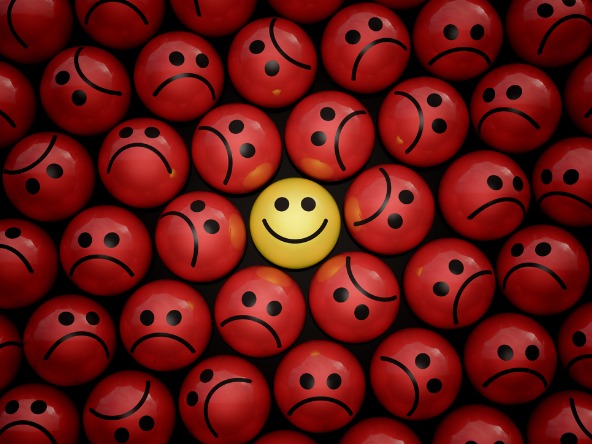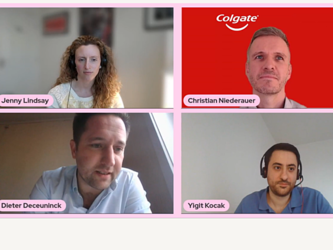Finding consumers’ happiness

‘How can I be happy?’ Since the age of the Enlightenment, this is a question that humankind has asked repeatedly, igniting many debates on what individuals can do to make themselves feel happier.
In the same month as the international day of happiness 2022, Buzzback launched a research study into the current state of happiness worldwide. The agency talked to more than 1,600 people in four different markets (Brazil, China, the UK and the US) to explore the link between happiness and brand success, which has become especially significant during times of political unrest, an increase in the cost of living and a global pandemic.
One of the most prevalent topics throughout the study was familial kinship. Connection to fond memories, especially in times of need, is where families become so important. They’re known to bring joy, relieve stress and improve our wellbeing, and so many of us depend on our families to ignite happiness.
Buzzback’s study found that family is the most important value in all markets – with 62% of respondents claiming that our families define happiness. Furthermore, 88% of respondents chose spending time with family as the best activity for meeting their happiness needs across all four countries.
Brands can capitalise on the family aspect of happiness by highlighting their ability to induce happy memories and accentuate a meaning behind the product that consumers can reminisce on and increase their happiness in the process, which ultimately reflects positively on the brand and product itself.
Physical and mental health are two other essential aspects that are extremely valuable in terms of happiness. Research shows that a healthy mind and body can lead to joy and dissipate negative emotions. Moreover, the discourse surrounding the necessity to take care of mental and physical wellbeing is dominant in society. This is especially important for brands whose products are used to make people feel healthier and better about themselves.
Respondents to the study reinforced the importance of how mental and physical health impact positive emotions, with a global average of 59% and 57% of participants ranking them as their top two associations with happiness, respectively.
Undoubtedly, sustainability has become a hot topic in recent times. The advantages of a sustainability-focused future have become an essential factor for consumers. Brands that have adapted and become more environmentally conscious have reaped benefits in terms of consumer perception, while those who haven’t have faced the ire of consumers.
The focus brands put on the environment and sustainability acts as a collective driver that makes consumers feel they contribute to a better society and make a change. It’s no surprise that 70% of global respondents named sustainability their most valued brand initiative. The more that brands focus on taking action on sustainability and having environmentally-friendly strategies within their advertising and marketing, the more likely they’re going to receive positive feedback and brand recognition from consumers.
What does happiness look like in the future?
Current and future events, like the global pandemic and the war in Ukraine, will change how consumers define happiness. Consumers are looking for happiness on a less individualistic basis in this context, especially as economic issues continue to increase because of these events. Globally, consumers will be seeking happiness more than ever during difficult times. However, brands need to ensure they’re capitalising on values relating to connectivity (such as family, gratitude and loyalty) instead of more materialistic principles.
Initiatives relating to humanitarian projects will become a key future trend that will benefit brands long-term. Buzzback’s study depicts how consumers are interested in charity and promoting the welfare of others, with 69% of participants across all markets stating it has an significant impact on their sense of happiness. Building brand intimacy or loyalty are both small but effective ways to spark positive feelings and happiness, especially when such devastation is present in the world. Brands need to preserve the values and needs that are important to consumers so that their brand equity stays intact and helps people get through difficult times.
There are many initiatives associated with sustainability, social causes and welfare that businesses can take heed of and incorporate into their advertising and marketing strategies. Most importantly, to ensure brands are consistently appealing to consumers, keeping track of the shifts in consumer behaviour, and ultimately sparking happiness.
Martin Oxley is managing director of Buzzback Europe.

We hope you enjoyed this article.
Research Live is published by MRS.
The Market Research Society (MRS) exists to promote and protect the research sector, showcasing how research delivers impact for businesses and government.
Members of MRS enjoy many benefits including tailoured policy guidance, discounts on training and conferences, and access to member-only content.
For example, there's an archive of winning case studies from over a decade of MRS Awards.
Find out more about the benefits of joining MRS here.













0 Comments